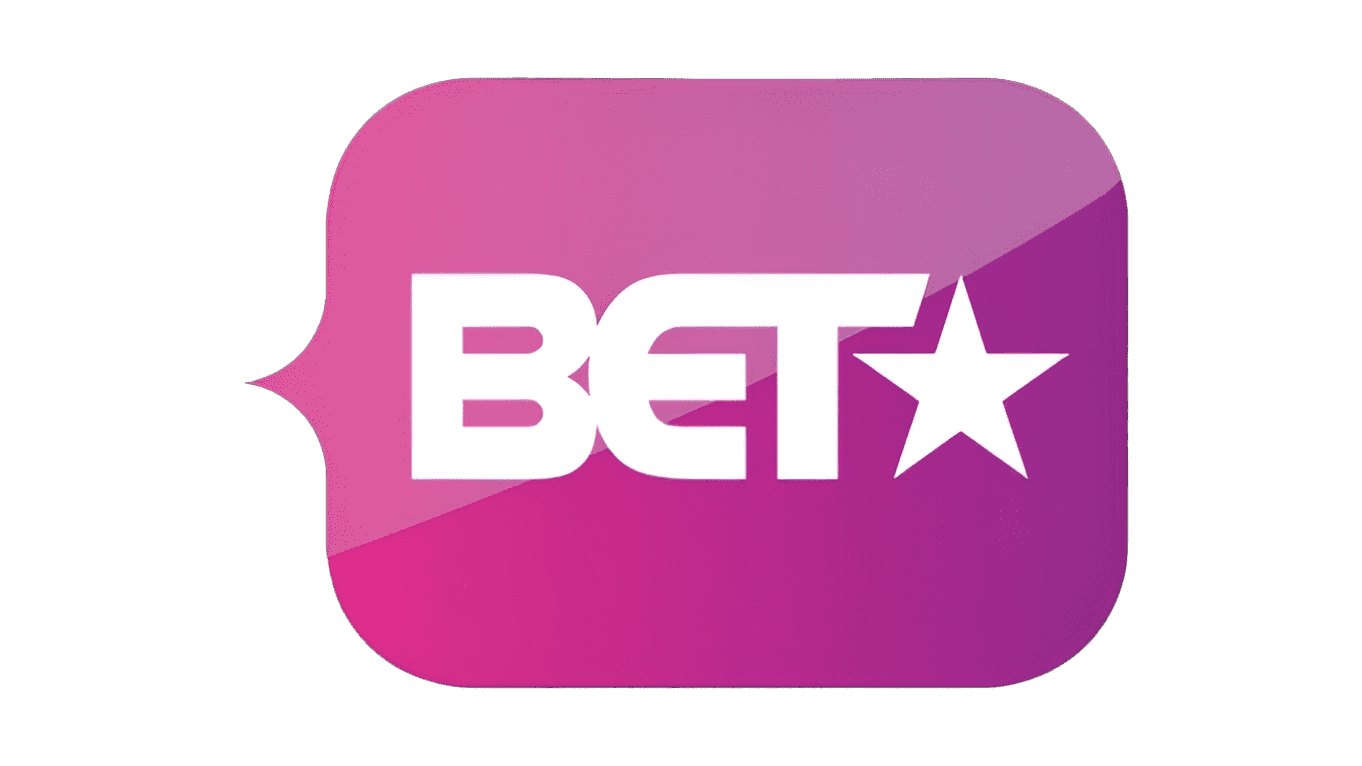Overview
(12 Month Program)
Introduction-Expectation
In this course students will review, address, understand and execute the importance of expectations and succeeding expectations in achieving your certification
Learning How to Learn
This course gives you easy access to the invaluable learning techniques used by experts in art, music, literature, math, science, sports, and many other disciplines. We’ll learn about how the brain uses two very different learning modes and how it encapsulates (“chunks”) information. We’ll also cover illusions of learning, memory techniques, dealing with procrastination, and best practices shown by research to be most effective in helping you master tough subjects.
Understanding College and College Life
College can be confusing and intimidating, but U101 can help. If you were just admitted to college and are nervous about what the next step in life might look like, this course is for you. If you are the parent of a newly admitted college student and curious about what college life is like, this course is also for you.
Entertainment Business I
In this master course, students will learn the entire lifecycle of the Film & T.V. entertainment industry from an Executive Producer lenses. This class covers the details of accounting, finance, film industry, t.v. industry, global marketing, the movie business and much more.
Gaming Theory I
Popularized by movies such as “A Beautiful Mind,” game theory is the mathematical modeling of strategic interaction among rational (and irrational) agents. Beyond what we call `games’ in common language, such as chess, poker, soccer, etc., it includes the modeling of conflict among nations, political campaigns, competition among firms, and trading behavior in markets such as the NYSE. How could you begin to model keyword auctions, and peer to peer file-sharing networks, without accounting for the incentives of the people using them? The course will provide the basics: representing games and strategies, the extensive form (which computer scientists call game trees), Bayesian games (modeling things like auctions), repeated and stochastic games, and more. We’ll include a variety of examples including classic games and a few applications.
Introduction to Computers and Operating Security
This course forms part of a series of courses that offers a good starting point for a career in cybersecurity. It will help you gain knowledge and skills related to Computers and Operating Systems, Enterprise Systems, and Security, including Business Systems Applications. This course gets you one step closer to the Microsoft Cybersecurity Analyst Professional Certificate, which requires no degree or prior experience.
Gaming Theory II
Popularized by movies such as “A Beautiful Mind”, game theory is the mathematical modeling of strategic interaction among rational (and irrational) agents. Over four weeks of lectures, this advanced course considers how to design interactions between agents in order to achieve good social outcomes. Three main topics are covered: social choice theory (i.e., collective decision making and voting systems), mechanism design, and auctions.
English Composition 1
You will gain a foundation for college-level writing valuable for nearly any field. Students will learn how to read carefully, write effective arguments, understand the writing process, engage with others’ ideas, cite accurately, and craft powerful prose.
Entertainment Business II
This master course, students will learn the Business of Art and Production from an Executive point of view. This class covers the details of pre-production, production, post production, entertainment marketing, and low budget film making.
Introduction to Computers and Office Productivity Software
In this course, you will learn the following essential computer skills for the digital age:
- Major hardware components of a computer system
- Different types of software on a computer system
- Photo Editing using GIMP
- Word processing applications, including MS Word, MS Excel, and MS PowerPoint
Graphic Design Specialization
Graphic design is all around us, in a myriad of forms, both on screen and in print, yet it is always made up of images and words to create a communication goal. This four-course sequence exposes students to the fundamental skills required to make sophisticated graphic design: process, historical context, and communication through image-making and typography. The sequence is completed by a capstone project that applies the skills of each course and peer feedback in a finished branding project suitable for a professional portfolio.
The goal of this specialization is to equip learners with a set of transferable formal and conceptual tools for “making and communicating” in the field of graphic design. This core skill set will equip learners for formal studies in graphic design, and a starting point for further work in interface design, motion graphics, and editorial design.
Media & Ethics
About this course: This course explores some of the basic theories, models and concepts in the field of media ethics. We will introduce influential ethical theories and perspectives, explore changing societal demands and expectations of media creation and media use, and we will elaborate on existing ethical norms for media professionals. After following this course, you will be able to reflect on ethical dilemmas and develop a well-substantiated argumentation for ethical decision making in a variety of media-related contexts.
Introduction to Programming and Animation with Alice
This course is an introductory programming course that combines programming with animation, using the programming environment Alice. You will first learn to tell 3D animated stories by programming Aliceʼs 3D objects. In particular you will learn how to set up a scene, to tell a story using storyboarding, to move the camera, and how to move and rotate objects. You will learn programming concepts such as writing your own instructions, repetition, making decisions, and grouping similar objects together. In the second half of the course you will learn how to combine the topics you have learned with event programming to build 3D games you and your friends can play.
Capstone
Final project to be submitted. (TBD)
Curriculum
Curriculum
- 5 Sections
- 14 Lessons
- Lifetime
- Orientation3
- Block A (3 months)3
- Block B (3 months)4
- Block C (5 months)3
- Block D1















































